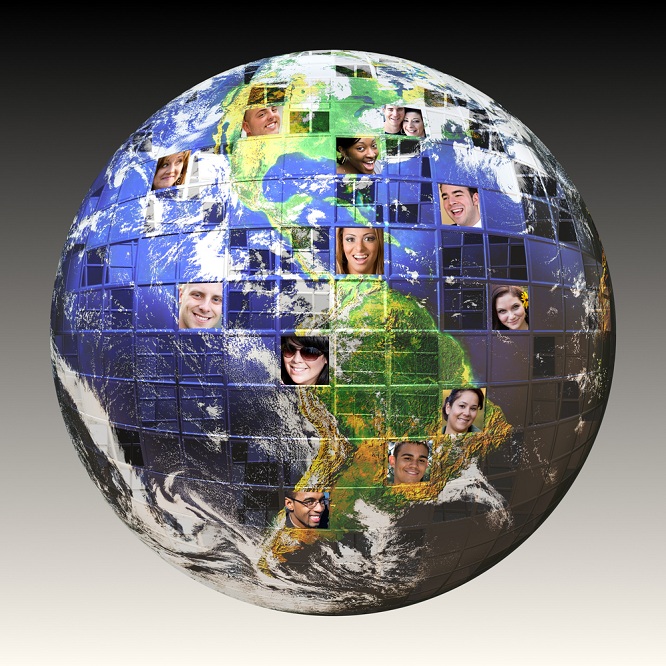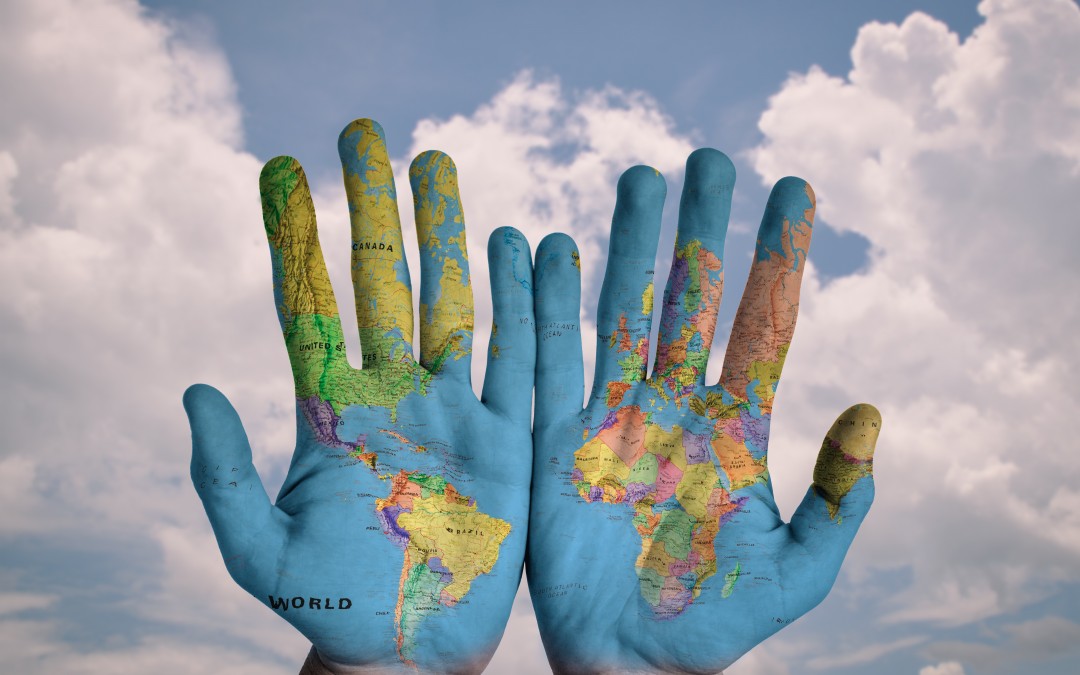The more interconnected the world becomes, the more regressively people cling to identities that no longer fit at all. Or think only in terms of me and my family. American individualism has run a muck in the world.
 A friend in East Africa who spent 20 years teaching in the United States informs me that even in Tanzania young people have become indistinguishable from young people in America. The faceless Facebook culture has swept over the world like a leveling tsunami, wiping out diversity and leaving only me, me and more me.
A friend in East Africa who spent 20 years teaching in the United States informs me that even in Tanzania young people have become indistinguishable from young people in America. The faceless Facebook culture has swept over the world like a leveling tsunami, wiping out diversity and leaving only me, me and more me.
Clearly, tradition has lost its cohesiveness and force in the digital age. So what is the right relationship to the past? How does one both honor the wisdom of our ancestors, and have the freedom to find the truth for oneself?
At the heart of this question is the ancient pattern of identifying with particular groups, races and regions.
On one hand, there is the psychological and emotional need to belong to a certain group; on the other there’s the reality, in a global society, that everyone now belongs first to the human race. Unresolved, that existential conflict is eroding the human spirit.
A psychological revolution is essential to end the habit of tribalism and nationalism on one hand, and halt the desertification of individualism on the other. In the world as it is the only true sovereignty is the sovereignty of humanity.
Not so long ago, people were defined by the culture and land they were born into. That is no longer the case.
Technology and jet travel have been both a blessing and curse. The global economy and the globalization of human problems (beginning with the ecological crisis) have not brought a global response. There is now just one human family, a very dysfunctional one.
Yesterday a prominent international lawyer in Ottawa said to me, “I’m more pro-American than you are.” That was disturbing on different levels, and I told him so.
Ironically, this fellow has written extensively on the dangers of national sovereignty in the global society. But when I asked what he meant, he said, “America is still the most important country in the world. If you go down, the entire world will go down.”
Stunned, I replied that horse left the barn a long time ago. This claptrap about how there is no alternative to American leadership in the world represents a monumental failure of imagination.
Even if Americans manage to avoid the worst, and don’t elect an authoritarian nationalist to “the most powerful office in the world,” American moral and political leadership is history.
As far as patriotism, I risked everything for the country of my birth 26 years ago. Foreseeing the collapse of both the US and the USSR, and the end of the bipolar order, I went alone to Moscow in January of 1990.
My mother, a strong anti-communist, had often said, “When the Russians finally throw off the chains of communism, we Americans will be there to help them build a market economy and democracy.” But American arrogance and Russian pride killed any possibility of partnership.
The Russian experience not only cost me a great deal of time, energy and money, but I had to face physical and spiritual risks greater than I’d ever encountered. So though I haven’t served in the military, I’ve put everything on the line for this country.
Now, because America allowed no place for its best, the worst are filling the vacuum. And though I no longer see myself first as an American, it doesn’t mean I don’t care about America. I just care about America in the context of humanity, not humanity in the context of America.
That principle applies to all people of goodwill, whether in Africa, Europe, or anywhere else. When we try to differentiate ourselves from other people, we contribute to the division and conflict that is destroying humanity.
That doesn’t mean that we are all the same. The irony is that by clinging to identification with particular groups and families, and by being concerned only with me, people are becoming more and more the same everywhere.
We cannot end disconnection from others either by the superficial allure of social media, or by trying to recover the connections and traditions of the past. We have to create a completely new kind of global culture, based on the individual but not on individualism.
Wisdom is not accumulative. It cannot be passed down to the young, like knowledge, only conveyed in the moment through self-knowing attentiveness.
Martin LeFevre

